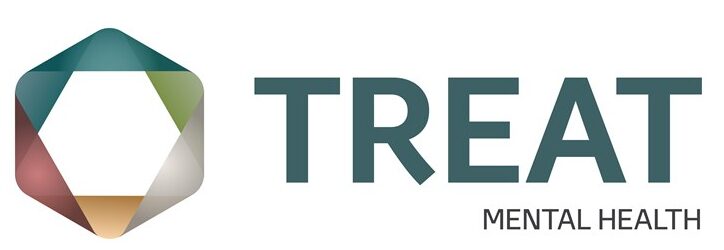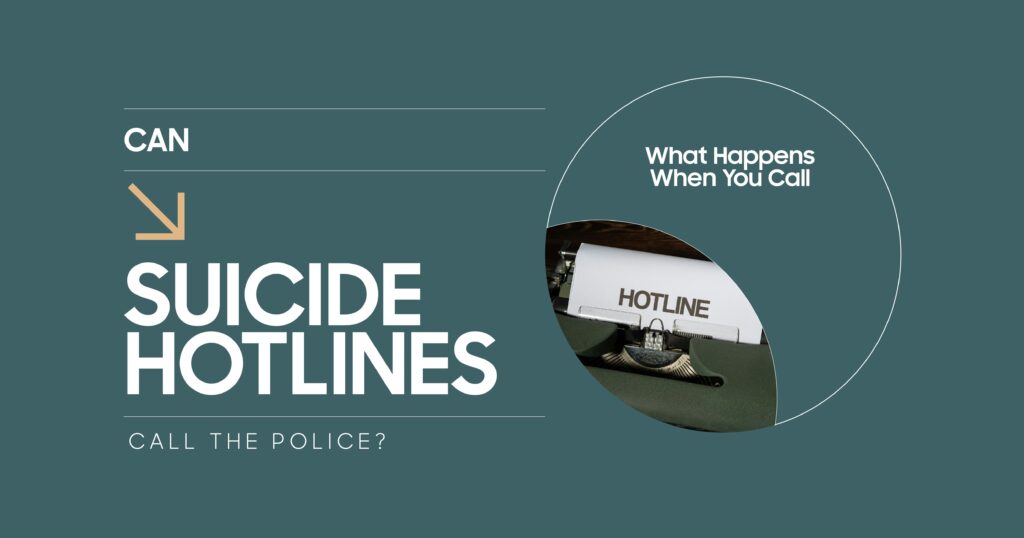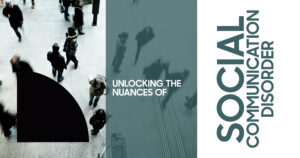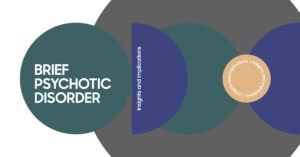Reaching out to a suicide hotline can be a brave and lifesaving step, but many people hesitate to call, unsure of what happens when you call the suicide helpline or if the suicide hotline will call the police. Questions like “Do suicide hotlines call the cops?” or “Will suicide hotlines call the police?” are common, especially for those who fear losing control over their situation.
The majority of suicide prevention lines uphold strict confidentiality and provide supportive solutions rather than punitive actions. Suicide hotlines may contact law enforcement when a person is in urgent danger to guarantee their security. This article presents a step-by-step overview of hotline operations, including police intervention criteria and support expectations during contact. Knowledge about these facts allows you to decide confidently while feeling comfortable in your crisis support process
Can Suicide Hotlines Call the Police?
Hotlines may contact emergency services to intervene during situations with elevated suicide risk conditions. The main responsibility of crisis counselors in these crises involves giving emotional care and reducing escalation through calming the situation without resorting to calling emergency services.
A suicide hotline staff member will call authorities only when an individual at immediate risk fails to promise safety for themself. The hotline team follows security procedures to execute such actions after they have exhausted all possible alternative solutions. Life protection remains the main purpose behind this action, which avoids legal consequences for the affected individuals.
What Triggers Emergency Intervention?
The process of calling a suicide helpline requires knowledge about when professional assistance will be provided. The operators at suicide hotlines will only contact law enforcement services in immediate, dangerous situations. The authorities will contact the police exclusively during moments of immediate life-threatening circumstances. Professional evaluators assess all situations according to set procedures before defining the perceived risk level.
Emergency response will activate under these circumstances:
- The person has clearly established a method and plan for committing suicide.
- The person tells the counselor they intend to conduct a suicide attempt before a brief period expires.
- The person rejects staying protected or accepting treatment methods that include reaching out to their therapist or trusted relationships.
- The person exhibits both insufficient self-care ability and signs of mental health breakdown, which makes them incapable of reasonable decision-making.
- The caller offers their location information and evidence of being in danger at the present moment.
- A previous suicide attempt history exists, and warning indications for another crisis emerge during the call.
What Happens When You Call the Suicide Helpline
The process of contacting the suicide helpline ensures comfort and reduces stress during every call. Here’s what typically happens:
You Call the Suicide Helpline
The phone number offers quick selection choices for English or Spanish language assistance and immediate connection to the Veterans Crisis Line for any veteran or active military personnel.
You’re Routed to a Local Crisis Center
Your call is automatically forwarded to the closest available center in your region. This ensures the person you speak with understands your local resources and community support systems.
You Speak With a Trained Crisis Worker
These phone professionals provide both emotional assistance and crisis intervention skills to you. Their purpose is to give support through active listening, and they lack diagnostic or evaluative responsibilities.
You Control the Conversation
You are free to express any emotion during calls by discussing feelings such as suicidal thoughts, anxiety, grief, and hopeless emotions. You determine how long your call will be and decide precisely what information to disclose to the person without any pressure.
You May Collaborate on a Safety Plan
The counselor will help you build a safety plan when you experience thoughts about suicide. The safety plan may involve finding reliable contacts you can connect with and making appointment arrangements for future calls.
When Do Crisis Lines Involve Authorities?
One of the most frequently asked questions is: Can suicide hotlines call the police? Suicide hotlines can call the police in restricted scenarios involving high-risk situations, but generally avoid this measure. Your confidentiality remains protected by hotline workers, but they will call law enforcement only if other measures fail to provide security.
Criteria for Police Involvement
Crisis centers follow strict guidelines before contacting emergency services. These include:
- Currently, you seek death through suicide, which includes both premeditated action planning and available fatal methods.
- During your interaction with the crisis worker, you show either trouble or refusal to develop a safety plan, along with the inability to demonstrate your safety to their satisfaction.
- Your lack of response becomes dangerous during threatening situations when you have already shown signs of harming yourself.
Balancing Safety With Confidentiality
Protecting caller privacy while ensuring their safety is a delicate balance. This is why trained professionals follow a trauma-informed and least-invasive approach. While people often fear that suicide hotlines will call the cops, this is a rare occurrence, used only when someone is at risk of imminent harm and all other de-escalation techniques have failed.
Key Principles Crisis Centers Follow:
- Privacy is important.
- Autonomy of callers is respected
- Safety is a common objective
- Other options besides police involvement
Are Suicide Hotline Calls Confidential?
Suicide hotline services firmly base their core principles on the protection of complete privacy. Your trust in maintaining confidentiality will be upheld during your request for help with any suicide hotline. When seeking assistance from the 988 Suicide & Crisis Lifeline, together with other hotlines, you gain access to protected spaces where you have the freedom to share your experiences without concerns about being negatively evaluated or being made public.
Many users of suicide hotlines ask whether counselors break confidentiality rules by contacting law enforcement or police. There exist a few situations that restrict your privacy when suicide hotlines want to protect your life or the lives of others.
What You Should Know About Anonymity
Under normal circumstances, the preservation of privacy remains the main objective, but consider these important points:
- The user does not need to reveal their identity or location.
- Calls are generally confidential.
- In cases of dangerous emergencies, the public can dial emergency services.
- The crash center staff obtains restricted details about the callers.
- The objective remains to resolve the situation without engaging support systems.
- You should ask the other person anything that will help you feel comfortable when you share information.
- You can end the call at any time if you no longer wish to continue the conversation.
Confidentiality and safety principles don’t create competition but work together harmoniously. Hotline staff maintain your privacy while implementing all possible life-saving measures.
What to Expect Emotionally and Logistically During the Call
People often experience initial nervousness when calling suicide hotline services, although understanding the process when you contact this hotline helps to reduce such feelings. Support and empowerment guide the entire process, which avoids any feelings of judgment. When you decide to contact a suicide hotline, these are the mental and organizational experiences you will encounter:
Emotionally:
| Nervousness, overwhelming emotions, and fear are common reactions at the beginning of your call to a suicide hotline. |
| During your call, the suicide helpline will offer both patience and empathy to you. |
| When you speak to someone you will probably find brief comfort in the situation. |
Logistically:
| Contacting the emergency number provides immediate connection to a local crisis center that can be reached in fewer than thirty seconds. |
| Statistically, these services make emergency services calls in only 2–3% of situations. |
| The crisis worker and you should create a safety strategy as part of your session. |
| If there exists no immediate life-threatening emergency, then the crisis worker will keep the entire conversation confidential with you. |
Alternative Crisis Support Options That Don’t Involve Law Enforcement
You are among many individuals who avoid traditional suicide hotline services because they fear police involvement. People who belong to marginalized populations tend to fear both traumatic events and negative outcomes. Alternatives exist that put the priority on creating safe and confidential support spaces that avoid involvement with law enforcement agencies.
A person in crisis should explore these non-police crisis support alternatives:
- Trans Lifeline (877-565-8860)
- The Warm Line (by state)
- BlackLine (1-800-604-5841)
Helping Someone in Crisis: What You Can Do Safely and Effectively
The experience of witnessing someone dear to you deal with a mental health crisis while exhibiting suicidal tendencies tends to create overwhelming feelings. Your support creates significant positive change in such situations. The following are effective methods you can use:
- Stay calm and listen without judgment.
- Take their feelings seriously.
- Encourage them to reach out to professional help.
- Avoid making promises you can’t keep.
- Offer to help create a safety plan.
- If someone is in immediate danger and refuses help, you may need to contact professionals.
- Be patient.
Need Someone to Talk to? Treat Mental Health Is Here to Support You
You never need to struggle by yourself. Treat Mental Health, assists those who are suffering from mental health crises and their supporting networks of friends. Our organization provides confidential emotional support for people who face suicidal thoughts, alongside patients managing OCD symptoms and eating disorders, all while helping individuals experiencing anxiety disorders. The process of contacting a suicide hotline incorporates discussions about law enforcement involvement while ensuring a complete understanding of the steps and options available to you.
FAQs
Do suicide hotlines call the police?
Suicide hotlines call the police only in emergencies that have less than a 3% occurrence.
When do crisis helplines involve authorities?
Helplines involve authorities if callers are facing imminent suicide risk and they don’t have a safety plan or support network in place.
What should I expect when calling a hotline?
You’ll speak with a trained crisis counselor who listens, offers support, and helps you develop a safety plan. You control the conversation.
Are calls to suicide hotlines confidential?
Yes, calls are confidential. Crisis workers only break confidentiality if there’s a life-threatening emergency.
Can I stay anonymous when calling for help?
Yes, you don’t have to share your name or personal details unless you choose to.








